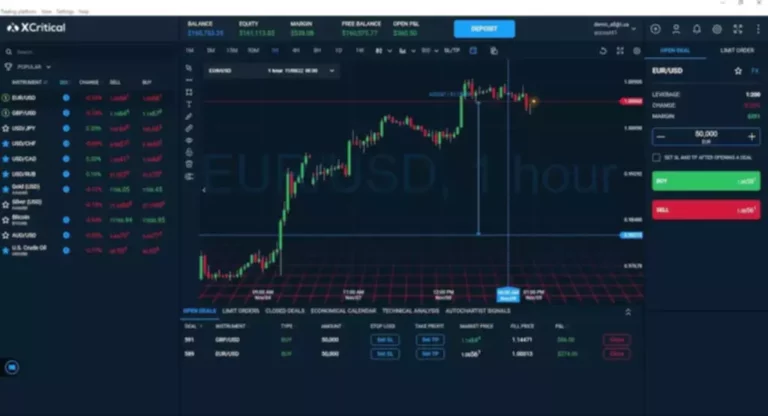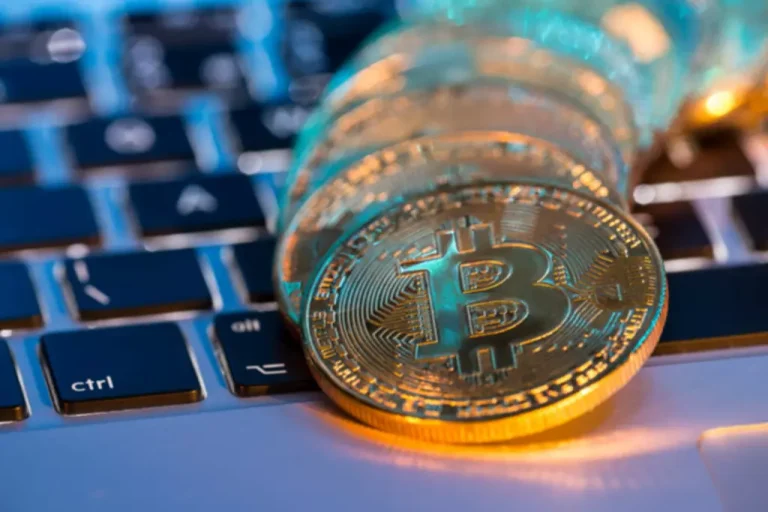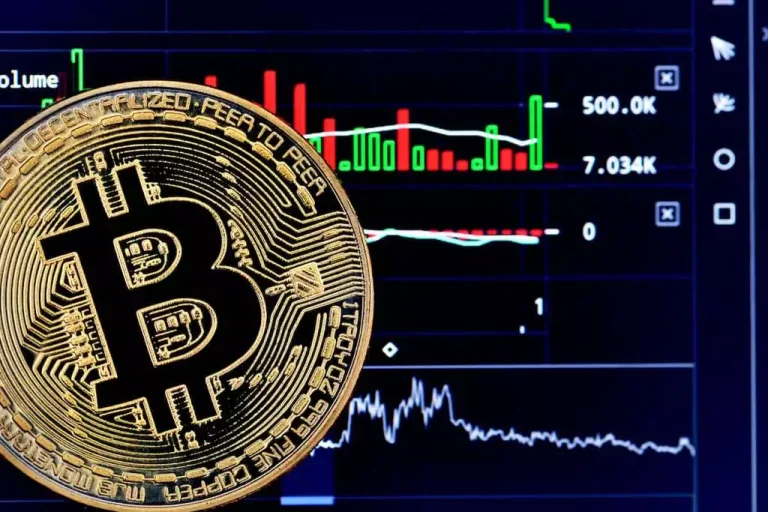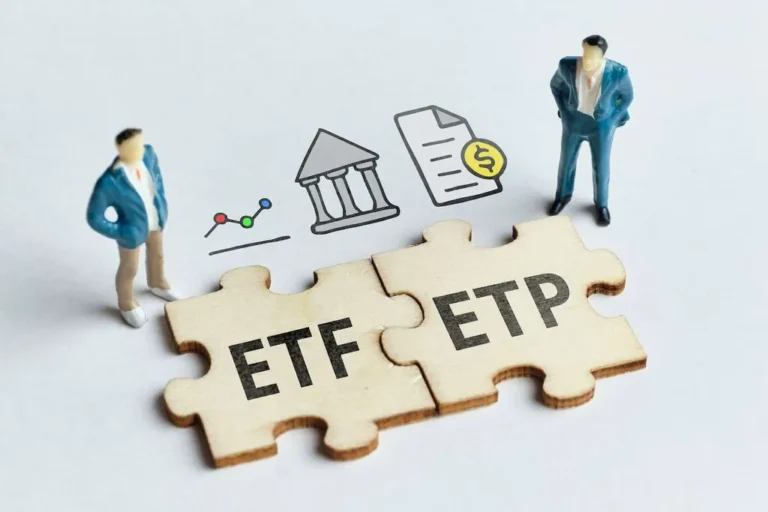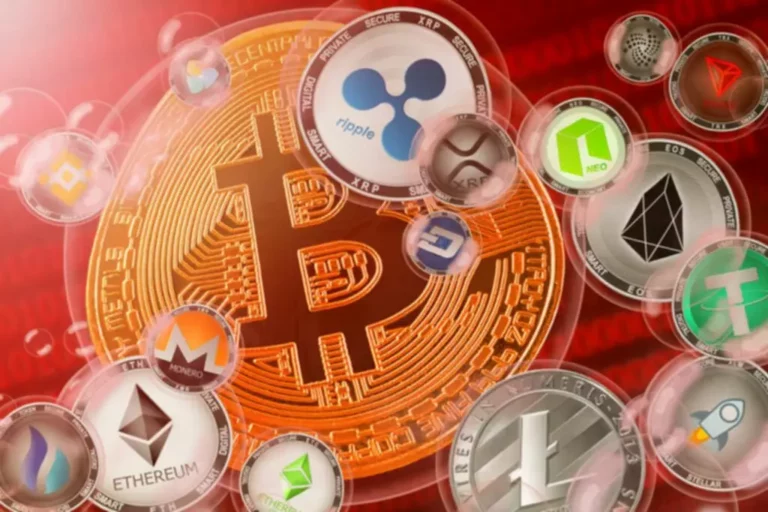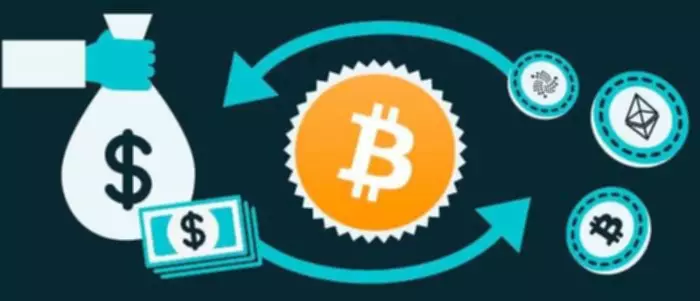Exchange Traded Funds: Key Investor Information Paperwork
ETF investing goals to duplicate or observe its benchmark index with minimal deviance, specializing in providing an investor with a detailed return to an underlying index or asset efficiency. International funding isn’t supervised by any regulatory body in India. The account opening course of will be carried out on Vested platform and Bajaj Financial Securities Limited won’t etp vs etf have any function in it.
What Issues To Contemplate Before Investing In Etfs
But ETF receives dividends from the underlying shares, that are reinvested within the fund. An index fund is a type of mutual fund with a portfolio constructed to mimic its respective index. Exchange-traded funds observe an index and subsequently will never outperform the index. Hence, in contrast to an actively managed fund, the return expectation from an ETF shouldn’t be that of outperforming its index. Exchange-traded funds also have symbols, identical to each company’s share has a selected image to determine.
Bajaj Finserv App For All Your Monetary Needs And Targets
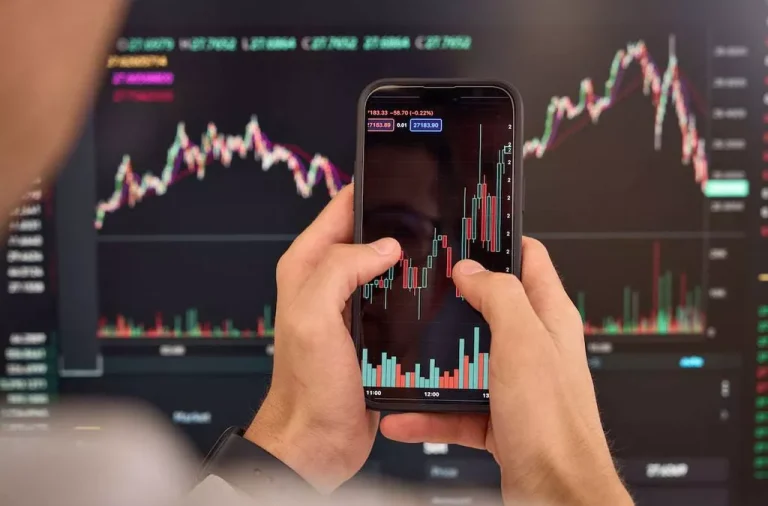
Index ETFs are designed to copy the performance of a specific market index, such because the Nifty 50, Sensex. Investors who believe in the overall efficiency of the market can invest in these ETFs without the necessity to choose individual stocks. Index ETFs supply broad diversification and are often considered a passive funding technique.
What’s The That Means Of An Etf (exchange Traded Funds)?
Furthermore, similar to other mutual fund schemes, ETFs are additionally required to disclose the closing NAV. Diversification ETFs enable buyers to create a diversified portfolio of passive schemes comprising different asset lessons, market segments, and geographies. Quantum Nifty 50 ETF has a 15 year observe document of passively replicating the portfolio and performance of the Nifty 50 Index. The ETF will help diversify your cash across the highest 50 firms of the index throughout different sectors through a single investment.
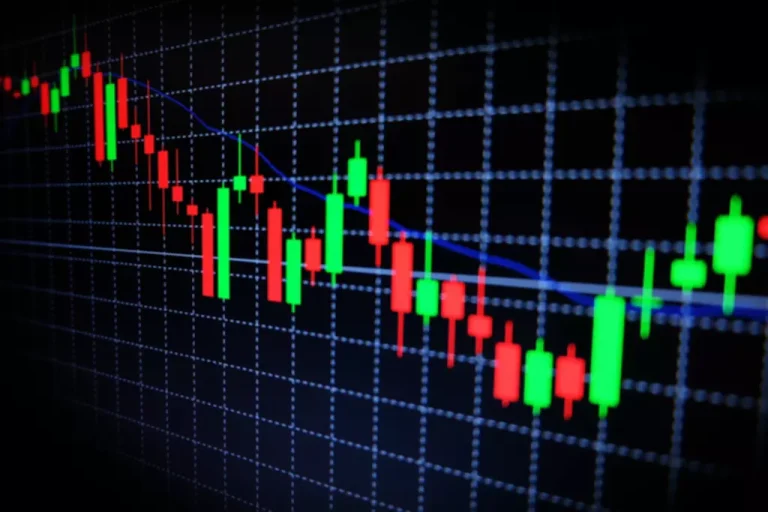
What Is Online Trading: Which Means, Benefits & Its Working
- For example, SBI Nifty ETF has an expense ratio of zero.07%, which is very low if you evaluate it with a similar actively managed large-cap fund like SBI Bluechip Fund – Direct plan with an expense ratio of zero.97%.
- ETFs are appropriate for investors seeking to construct a low-cost mutual fund portfolio by mirroring the performance of a specific index.
- Capital positive aspects tax is additional categorized relying on interval of holding and is totally different for fairness and debt funds.
- They’re cost-effective, easily tradable, and best for both novice and seasoned traders looking for to boost their investment strategies.
However, their performance is dependent upon the underlying securities they maintain. While ETFs derive their pricing from bid-ask spreads, they share a similarity with mutual funds in phrases of net asset worth (NAV). Mutual funds calculate their NAV at the finish of every trading day, reflecting the value of underlying assets. ETFs, on the opposite hand, use an Indicative Net Asset Value (iNAV) calculated using an identical formula. Investors can examine the ETF’s asking value to its iNAV to make sure truthful pricing and monitor the iNAV to gauge ETF performance.

Since ETFs put cash into numerous securities similar to equity, bond, and commodity they’re susceptible to market volatility. The Quantum Nifty 50 ETF Fund of Fund is a first of its sort wrapper fund that invests in items of the Quantum Nifty 50 ETF, providing the effectivity of an ETF with the convenience of an Index Fund. Quantum Gold Fund ETF has a physical gold backing of 24Karat pure Gold, sourced from London Bullion Market Association accredited refiners. Each unit of Quantum Gold Fund ETF represents 1/100th of 1 gram of gold offering a low price and convenient way to invest in Gold. Equity ETFs monitor fairness indices such because the Nifty 50, Nifty Next 50, Nifty Midcap one hundred fifty, etc. Equity ETFs additionally include schemes designed to replicate a specific sector similar to Banking, Infotech, Pharma or a theme corresponding to ESG, Consumption, Infrastructure, and so on.

• Capital Gains Tax – Mutual Fund investments are subject to capital features tax. It is paid on the revenue you make whereas redeeming / promoting your Mutual Fund holdings (units). It is also not relevant to transactions in debt securities or debt mutual fund schemes. ETFs are traded on exchanges — just like shares, where investors can purchase and promote models throughout market hours. Unlike different mutual fund schemes where transactions take place on the day’s closing NAV, models of ETFs can be purchased and sold on the NAV prevailing at the time of the transaction. Being passively managed, ETFs entail decrease price (expense ratio) compared to actively managed mutual fund schemes.
But for an ETF, the items are traded on an exchange, which suggests there have to be patrons for your models. With some thinly traded Exchange Traded Funds, liquidity might be a priority. In such a case, you might not be in a position to promote any of your ETF items or could should promote your units at a lower price.
In this sort of fund, you gain when there is a decline in the worth of the index, and also you lose when the value of the index will increase. Passive ETFs can be structured to track something like an index such as NIFTY 50, which will spend money on the companies of Nifty 50 in the same proportion. They may observe an index representing a sector (like NIFTY Pharma), or a commodity, like gold, which tracks the bodily gold value. ICICIdirect.com is a component of ICICI Securities and presents retail buying and selling and investment companies. • In case of open-ended funds, the investment may be very liquid as it might be redeemed at any time with the fund.
ETFs are listed on the exchanges, due to this fact can be traded like stocks. ETFs typically have lower expense ratios than actively managed mutual funds. Generally, the expense ratio of an index fund is slightly higher than that of an ETF, although it’s decrease than actively managed funds.
Exchange Traded Funds (ETFs) are passively managed mutual fund schemes that invest in a basket of securities such as equities or bonds. These funds aim to trace and replicate the performance of a specific index such as Nifty 50, S&P BSE Sensex, and so forth. by mirroring their composition. Thus, if you invest in ETFs you possibly can expect to earn returns in line with the benchmark index or market topic to monitoring error.
Hence, it makes sense to watch the tracking error of ETFs and choose the ETFs with a low monitoring error. Investments in securities markets are subject to market risks, learn all of the associated documents rigorously earlier than investing. This is in stark contrast to mutual funds, where buyers could make a purchase order or redemption only on the end of a buying and selling day. ETF efficiency is instantly linked to the underlying belongings they observe. Investors should conduct a radical analysis of those assets, considering elements similar to danger, return, volatility, investment horizon, alignment with monetary targets, and desired portfolio allocation.
Read more about https://www.xcritical.in/ here.

